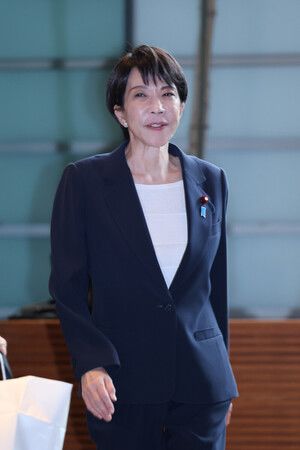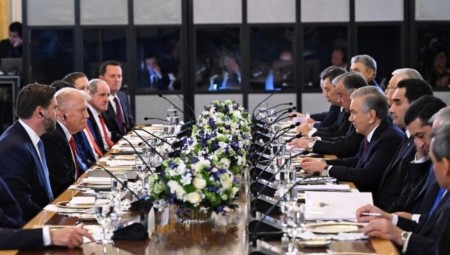With only about 2 percent of its total population severely undernourished (7 percent lower than the world average), the Europe and Central Asia region is better off than others with regards to food security. However, other forms of malnutrition are following in the wake: Millions still suffer from micronutrient deficiencies – anaemia, in particular – and some 200 million people in the region, corresponding to one-fourth of adults, are now obese.
To promote sustainable food systems that improve nutrition and enable healthy diets at global and regional levels, it is important to foster discussion and debate around policy and institutional reforms. With this in mind, the Committee on World Food Security, a joint body of FAO, the International Fund for Agricultural Development and the World Food Programme, has organized a regional consultation. The event is taking place on 17–18 September in Budapest.
The Committee on World Food Security is currently undertaking an inclusive policy process that will lead to the development of Voluntary Guidelines on Food Systems and Nutrition in 2020. This week’s meeting provides an opportunity to gather input, comments and suggestions about how best to align the guidelines with regional and national priorities and needs.
“The consultation in Budapest represents a unique opportunity to develop and advance comprehensive policy approaches to pressing food system and nutrition issues affecting urban and rural people in the European region,” said CFS Secretary Christopher Hegadorn.
As noted in the latest FAO Regional Overview of Food Security and Nutrition in Europe and Central Asia, governments, public and private institutions, communities and other concerned parties must strengthen collaboration and scale up efforts towards achieving the goals of a thriving, healthy and food-secure region.
The CFS Voluntary Guidelines are intended to be a reference document to provide direction to governments, as well as to specialized institutions and other partners, on appropriate policies, investments and institutional arrangements needed to address the key causes of malnutrition in all its forms.
“The 2030 Agenda calls for coherent policies,” emphasized Vladimir Rakhmanin, FAO Assistant Director-General and Regional Representative. “To this end, FAO encourages enhanced cooperation and accountable partnerships, provision of data, norms, standards and guidance which are crucial to foster transformational change. The current regional consultation offers a platform for constructive discussions and collaboration.”
This consultation – the third of six regional meetings across the globe – has convened 60 participants from governments, civil society organizations, private sector associations, agricultural research organizations, United Nations bodies, international financial institutions, and private philanthropic foundations. Additional participants are expected from the food, agriculture, and health sectors of the region.
This two-day meeting embraces the joint vision of the Committee and FAO to advance a world free from malnutrition in all its forms, in which all people at all stages of life and at all times have access to adequate food and enjoy diversified, balanced and healthy diets for active and healthy lives.
The meeting’s outcomes will feed into the development of the Voluntary Guidelines, culminating in their adoption at the Committee on World Food Security’s Forty-seventh Plenary Session in October 2020.














